Norman invasion of England its influence

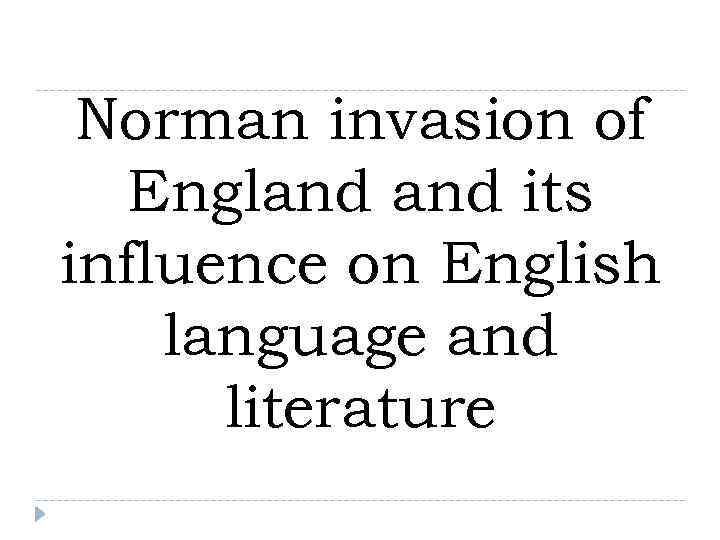

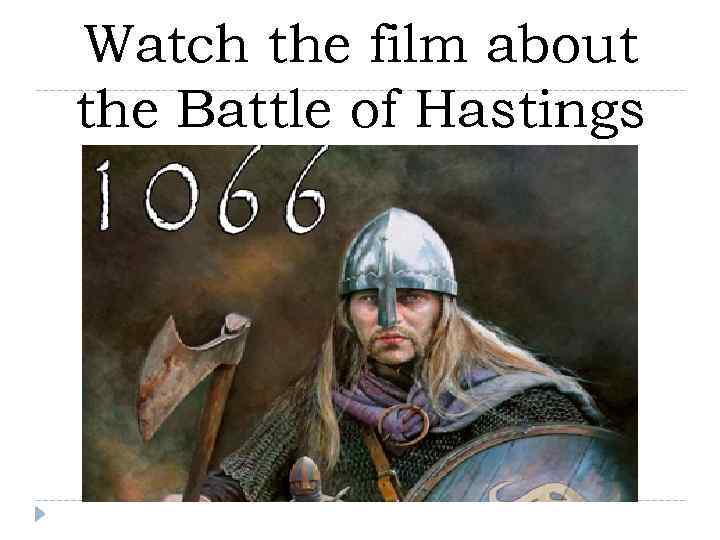

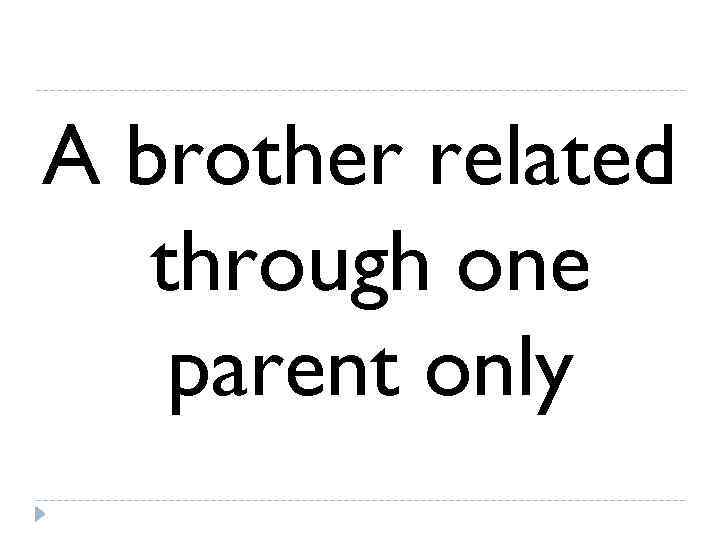
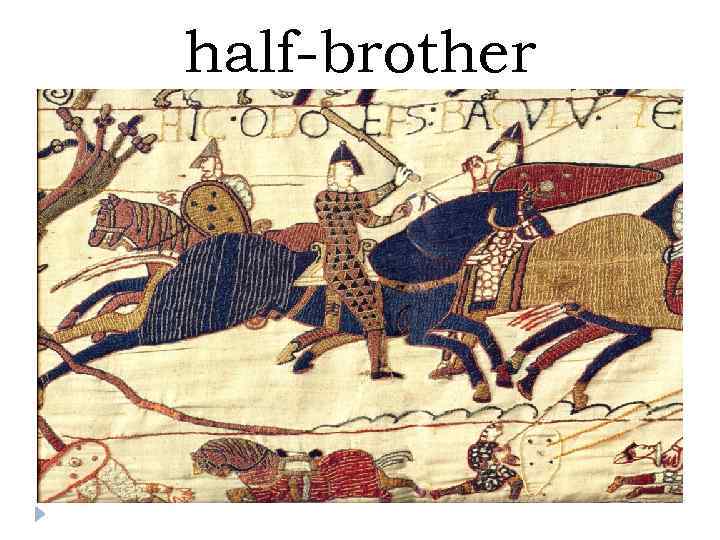
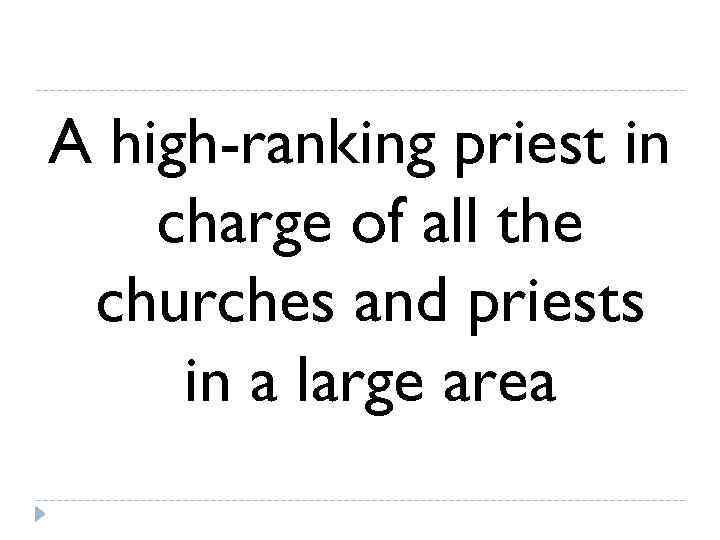
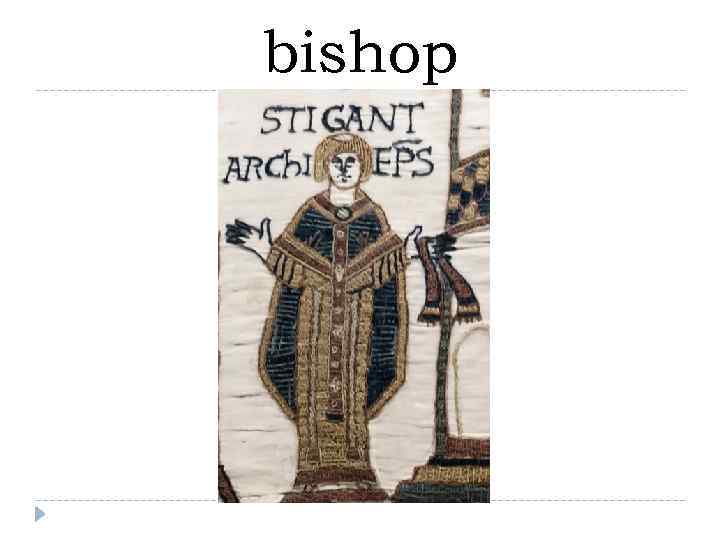
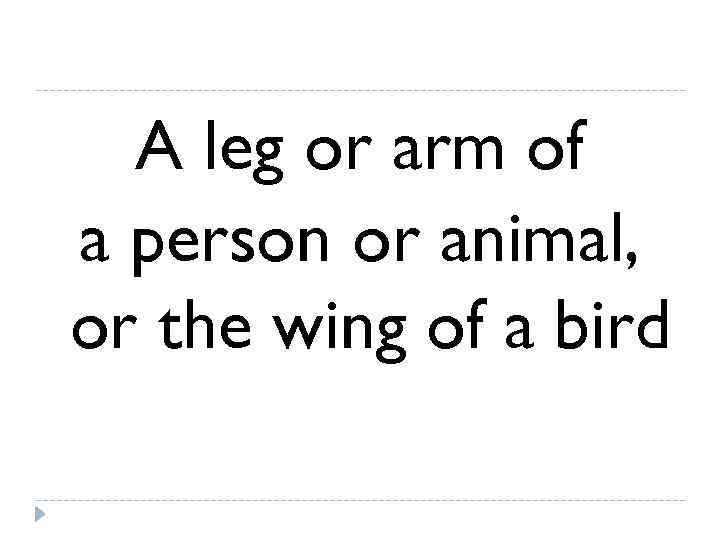
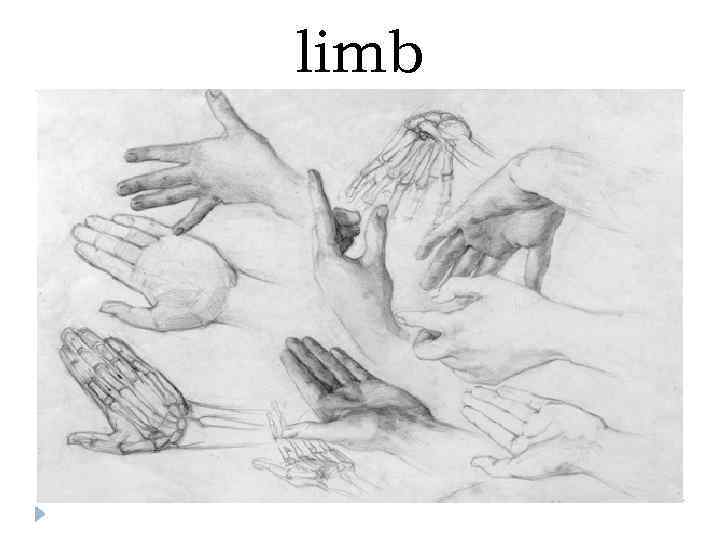

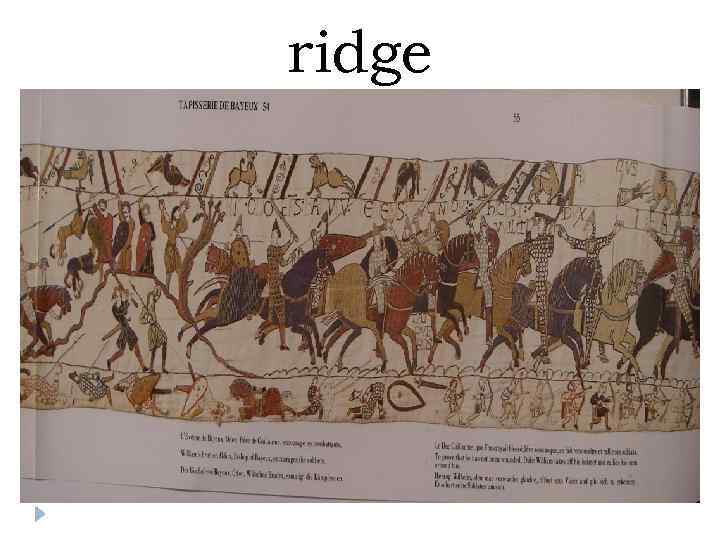
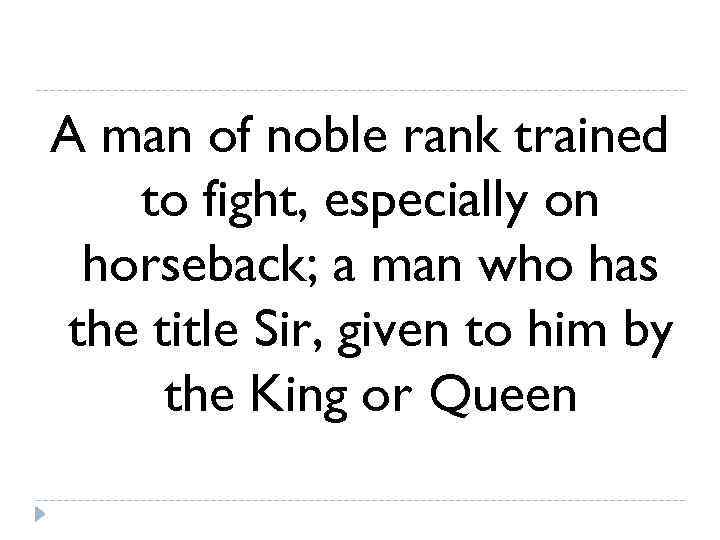
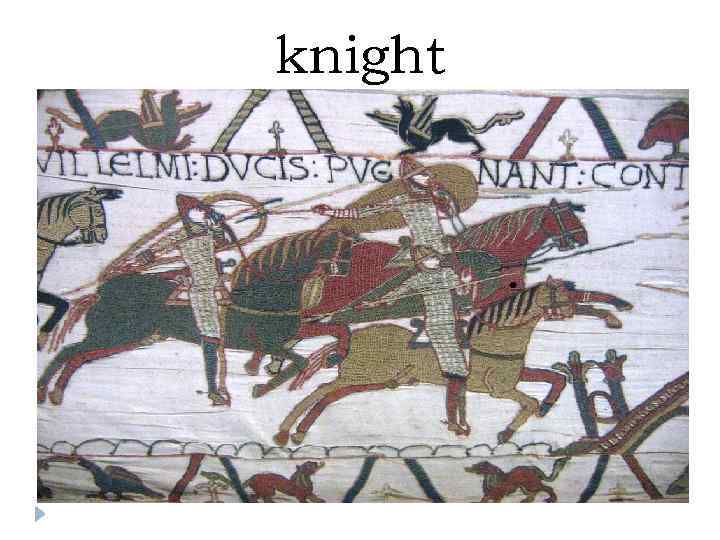

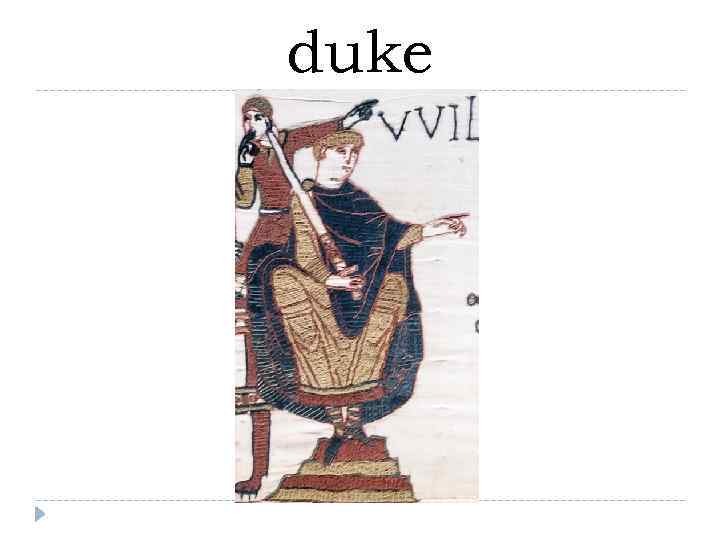
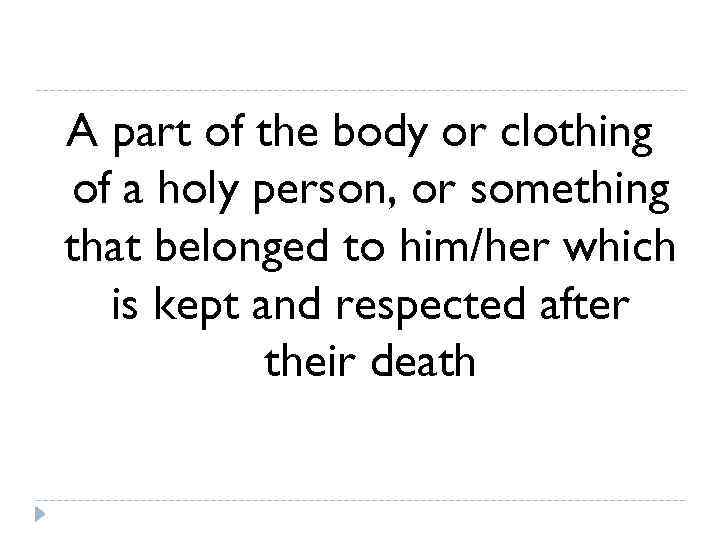
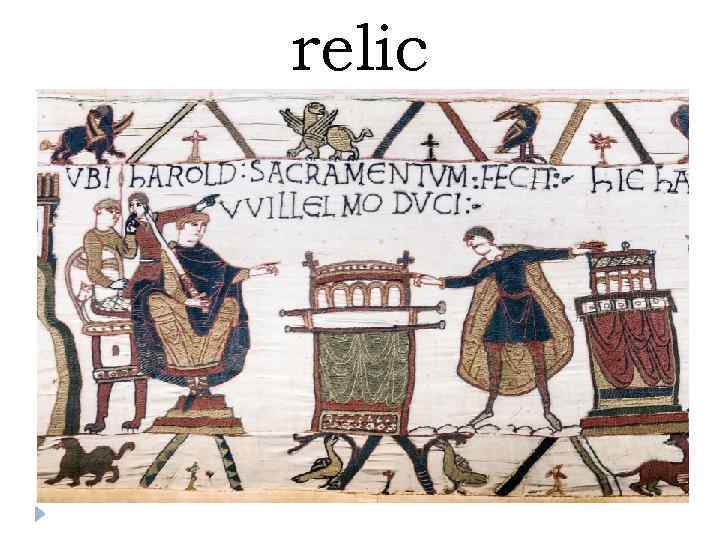

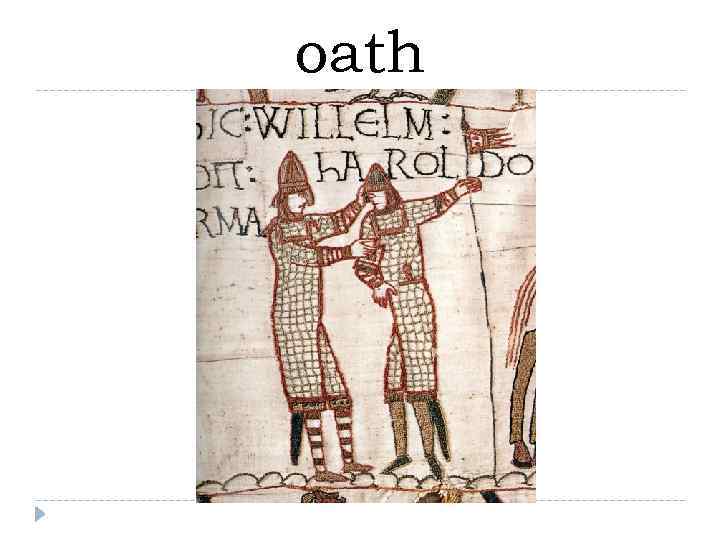

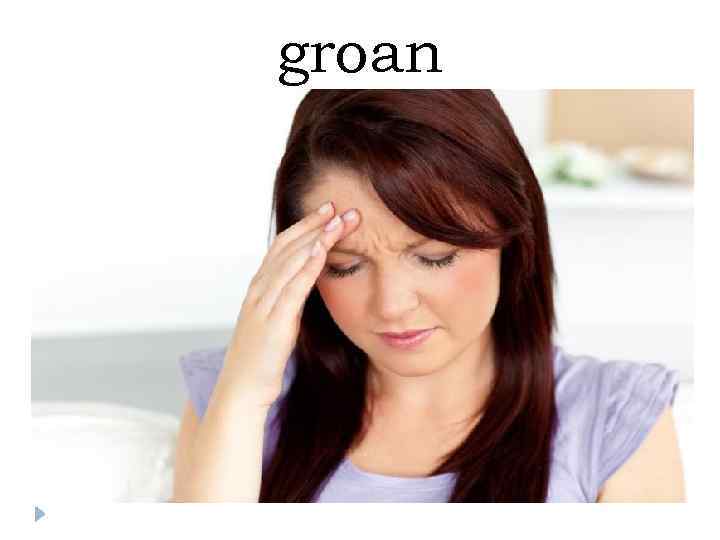
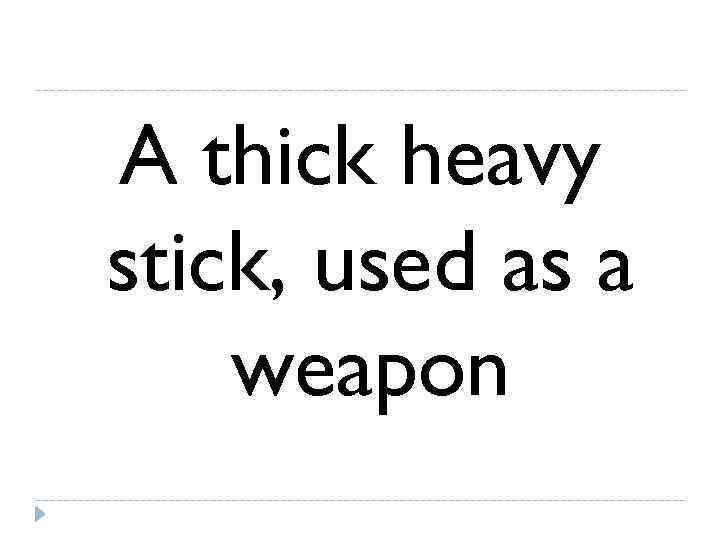
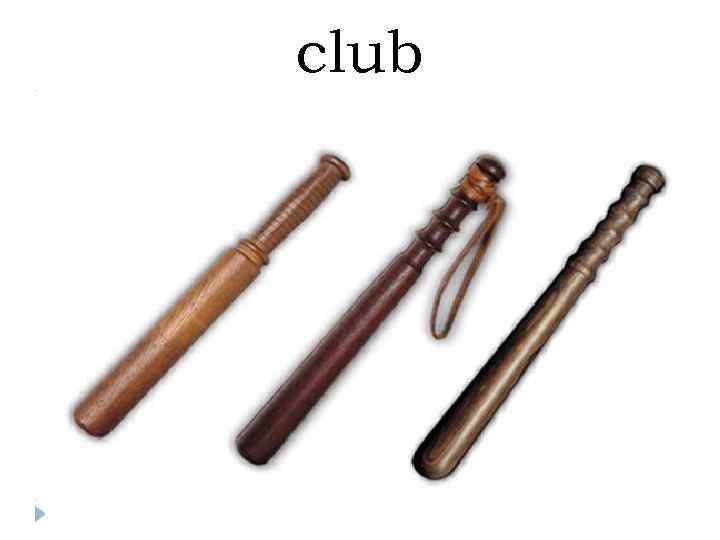

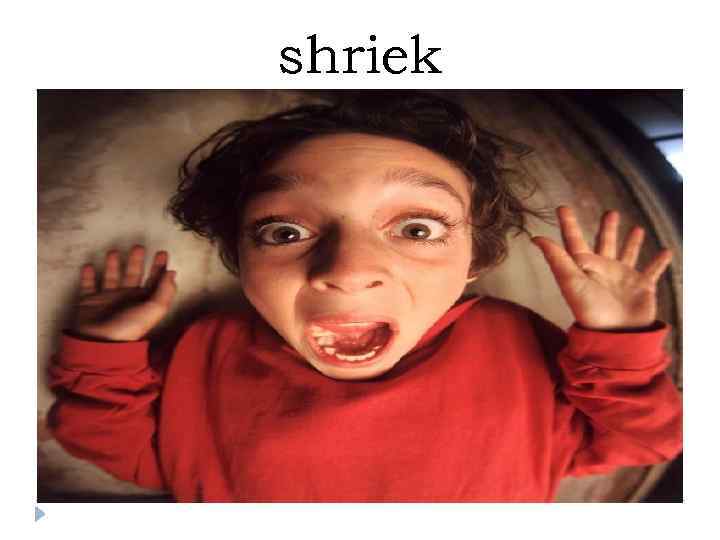

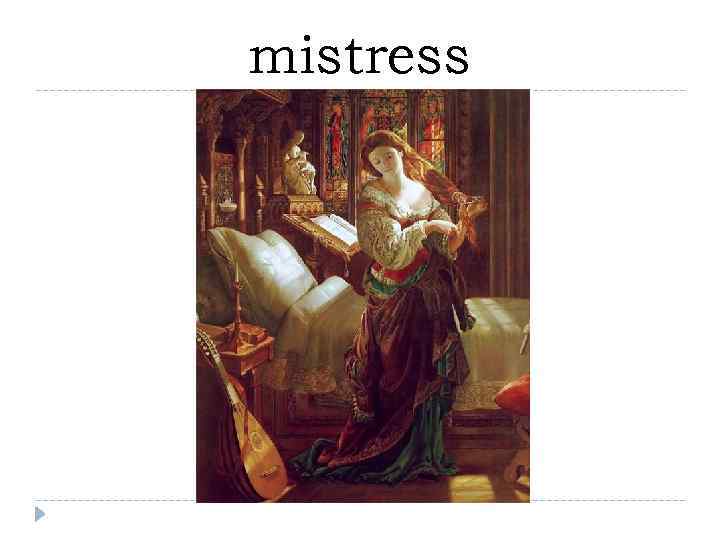

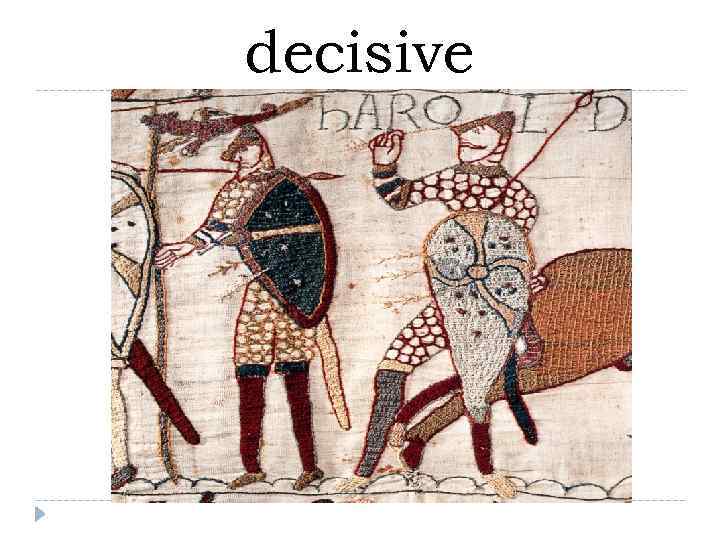
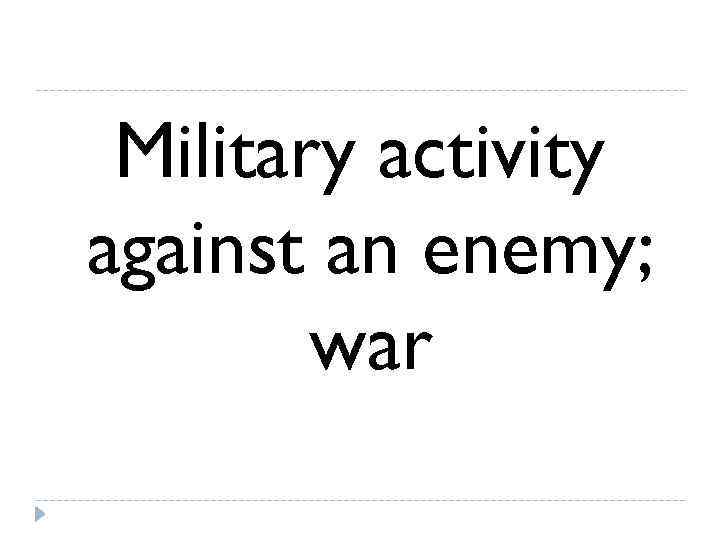
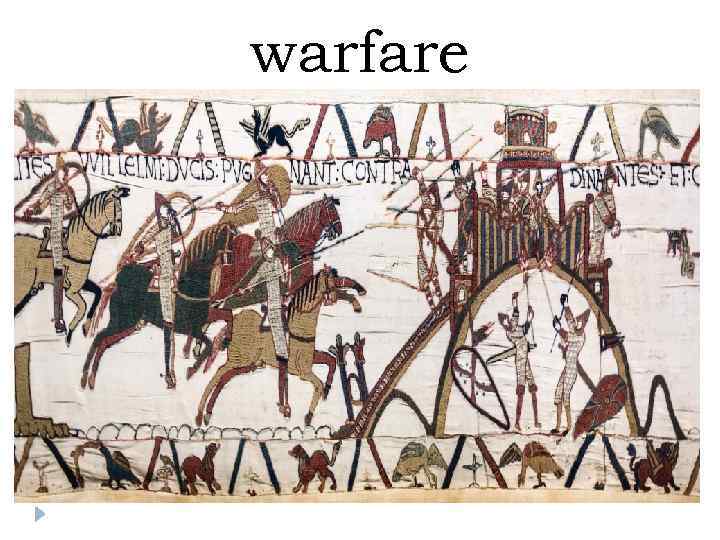
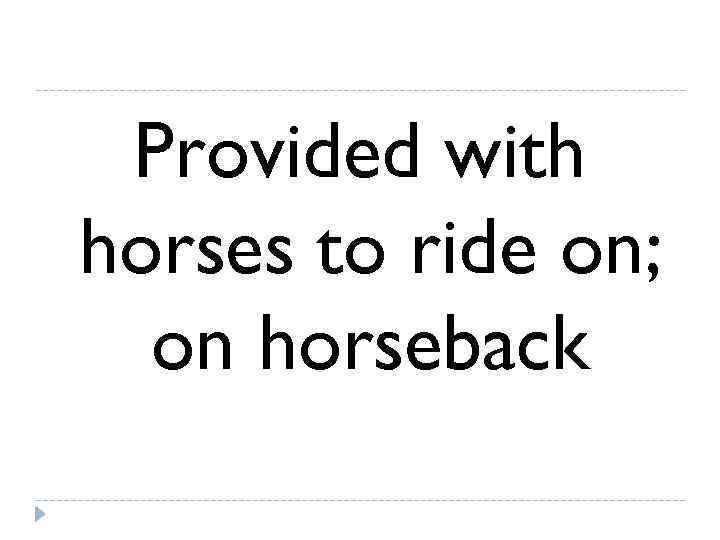
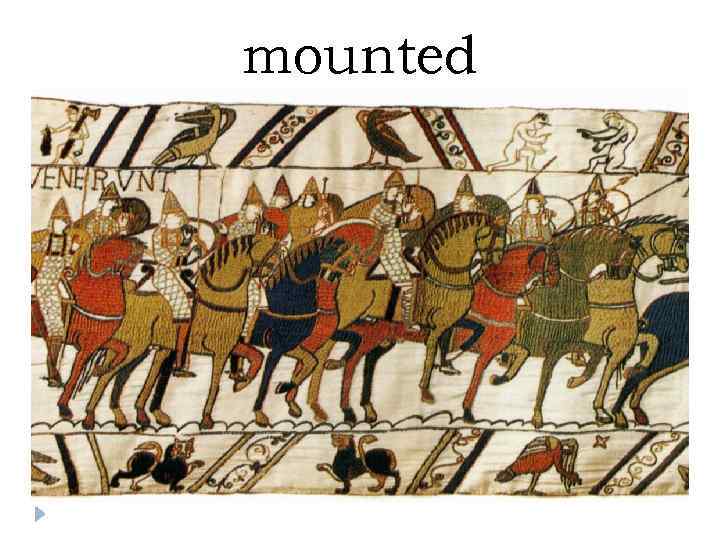

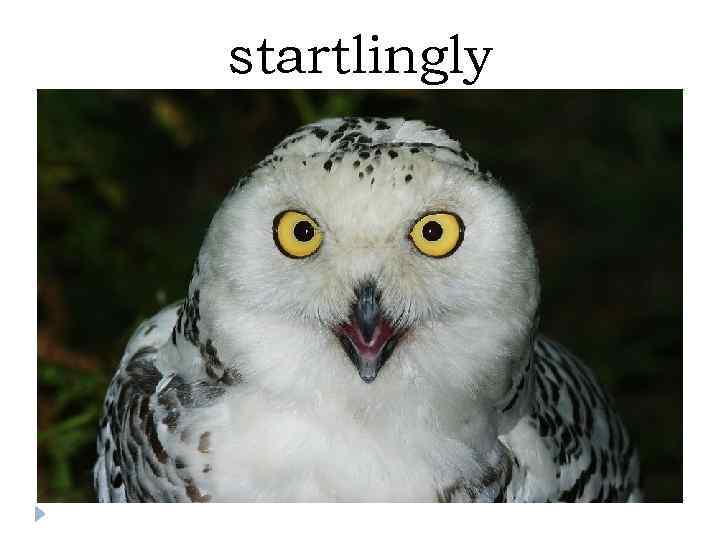
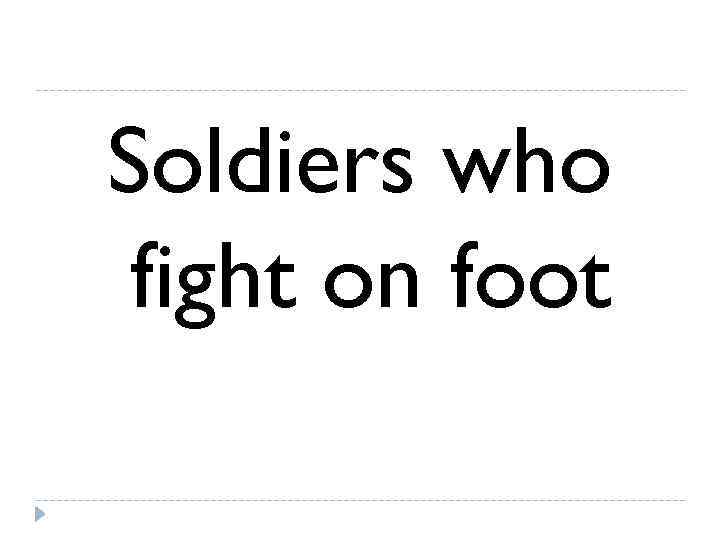
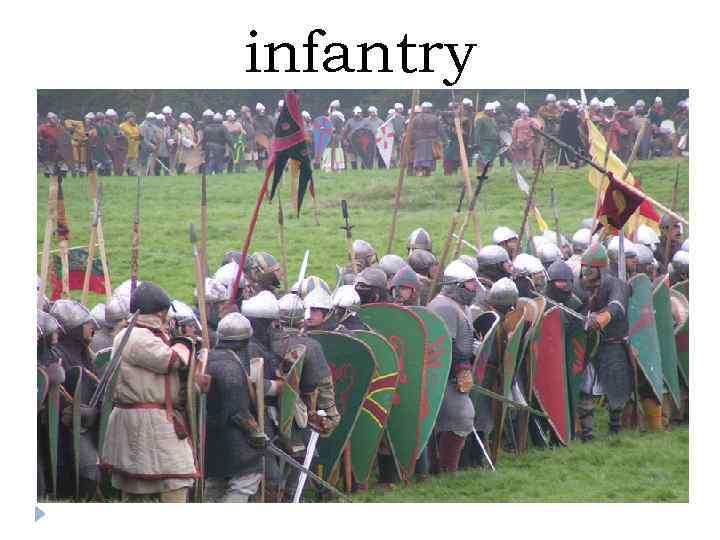

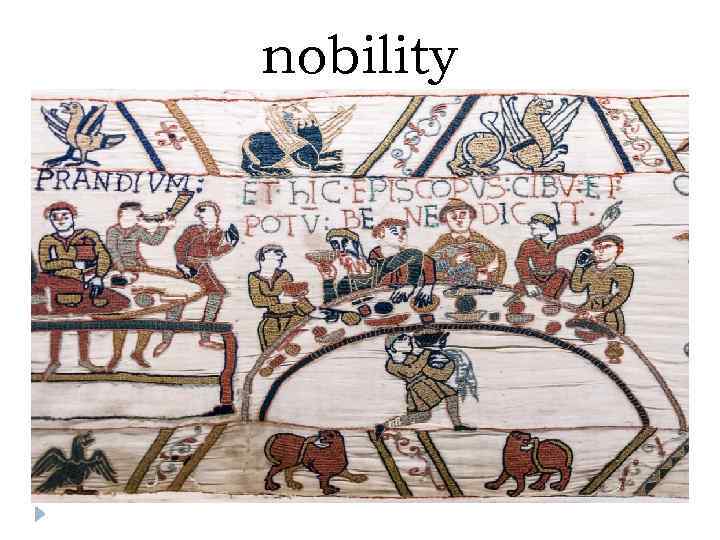

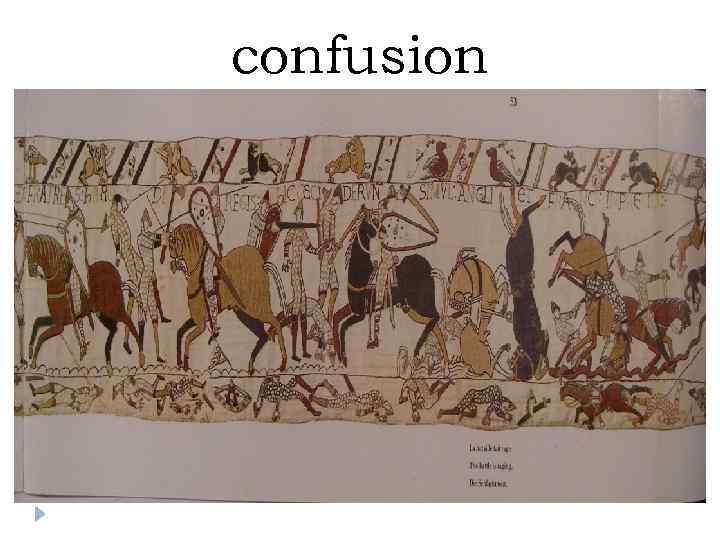

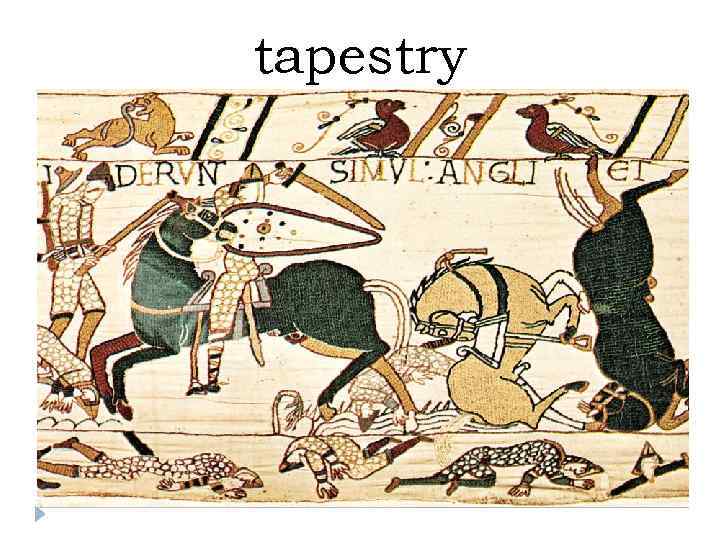

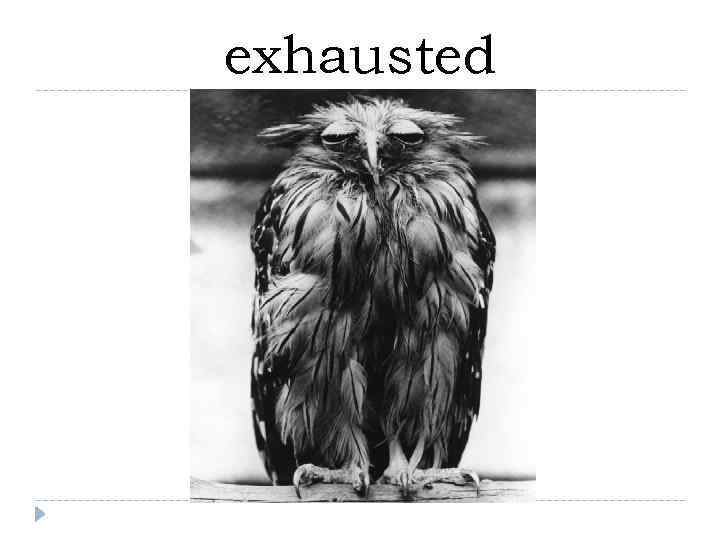

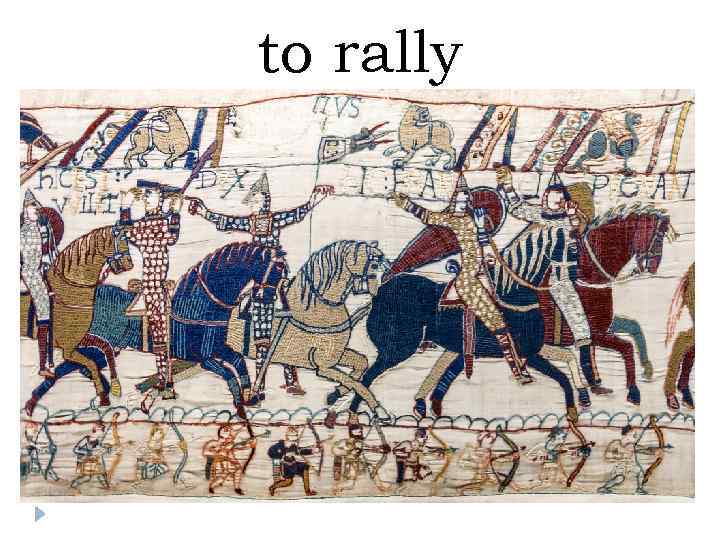

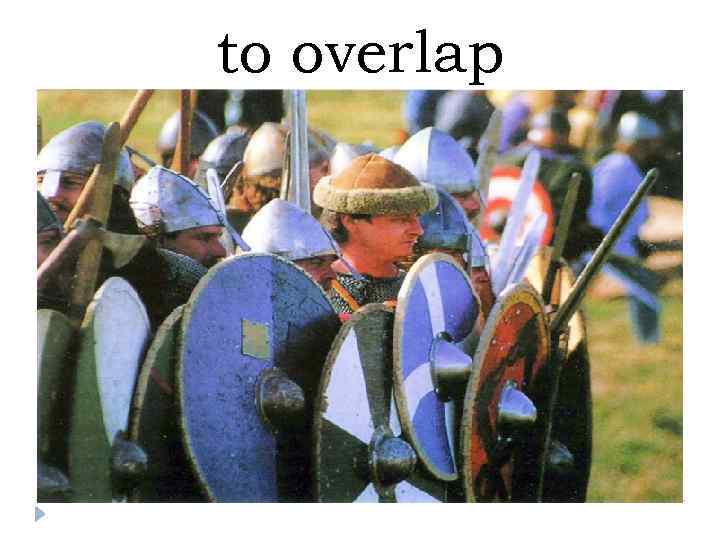

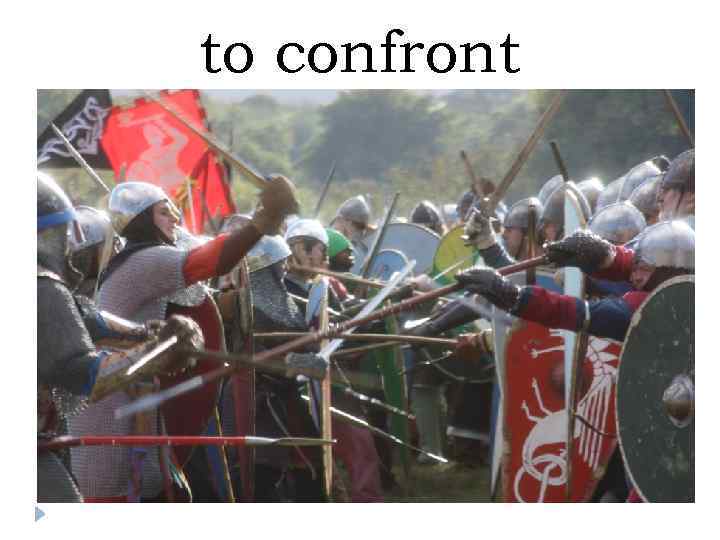
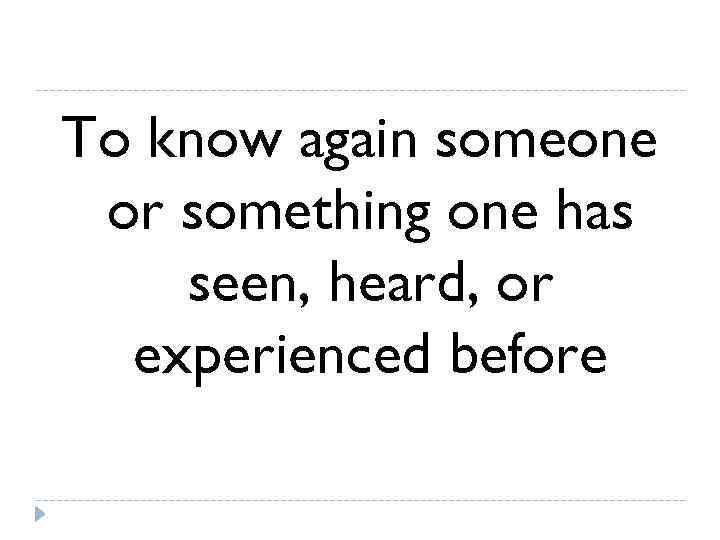
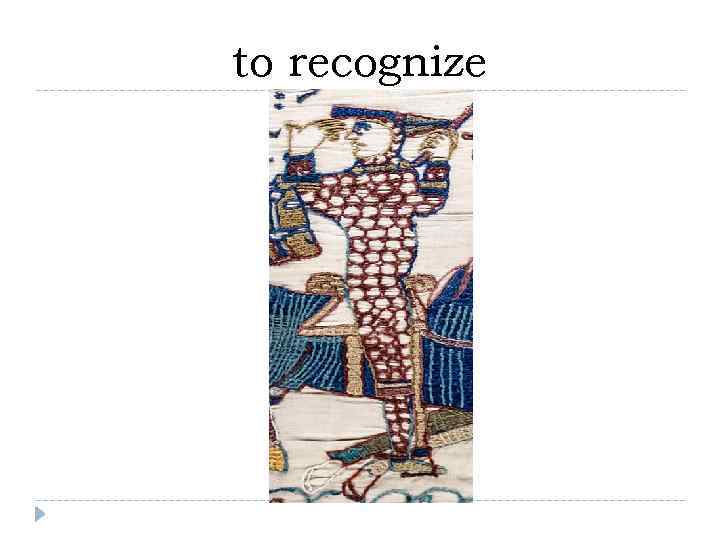



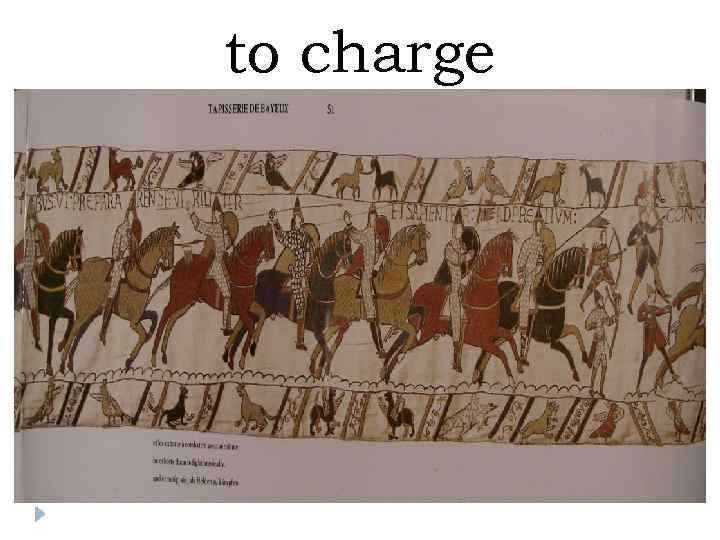

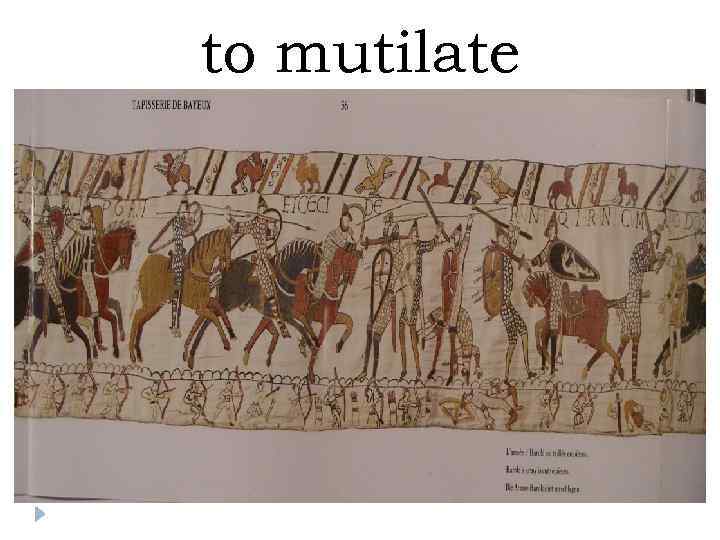



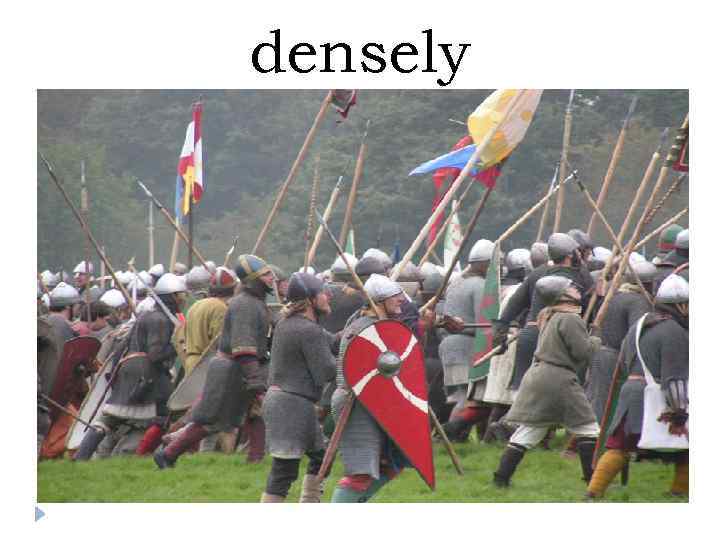
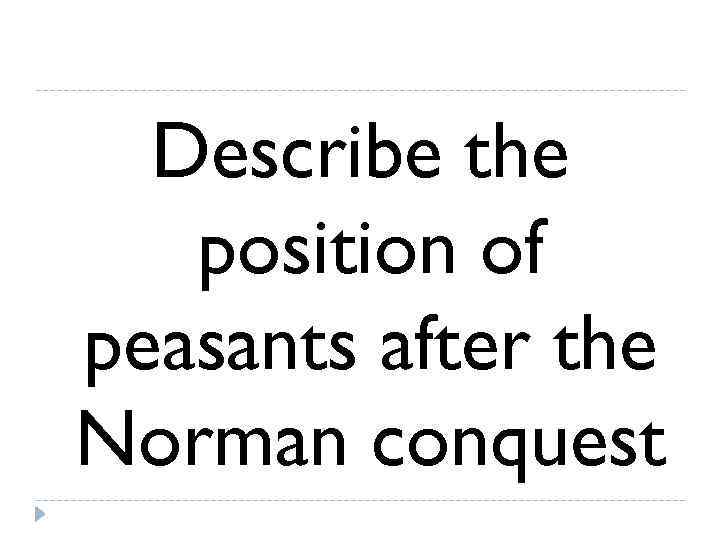
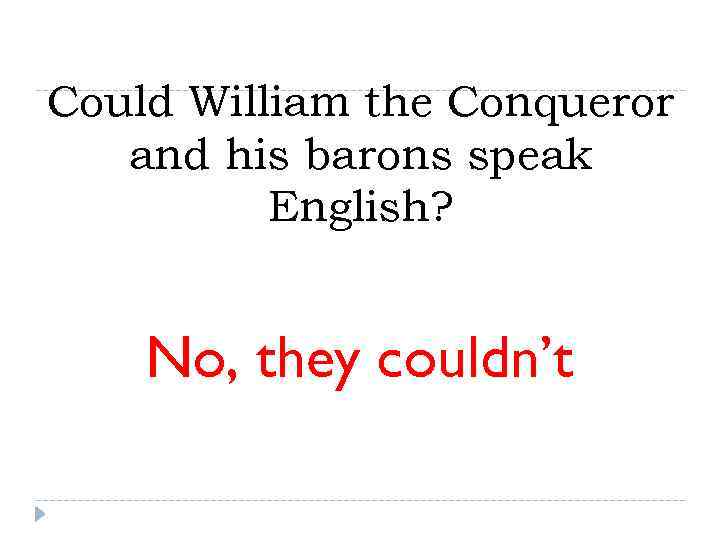
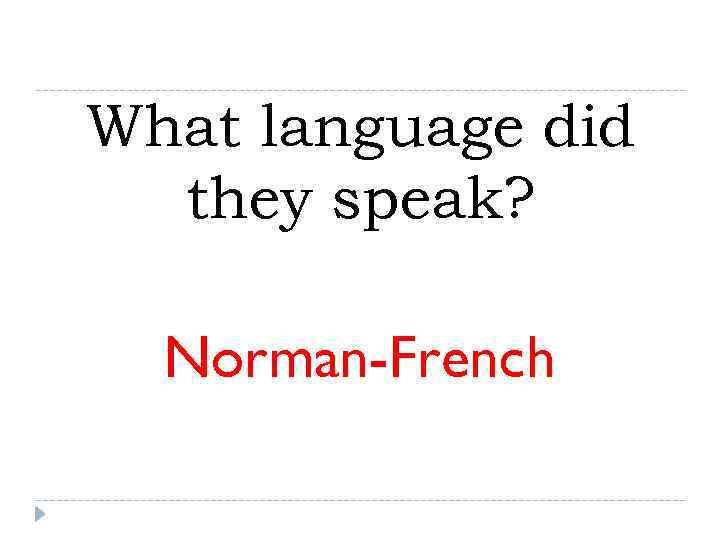
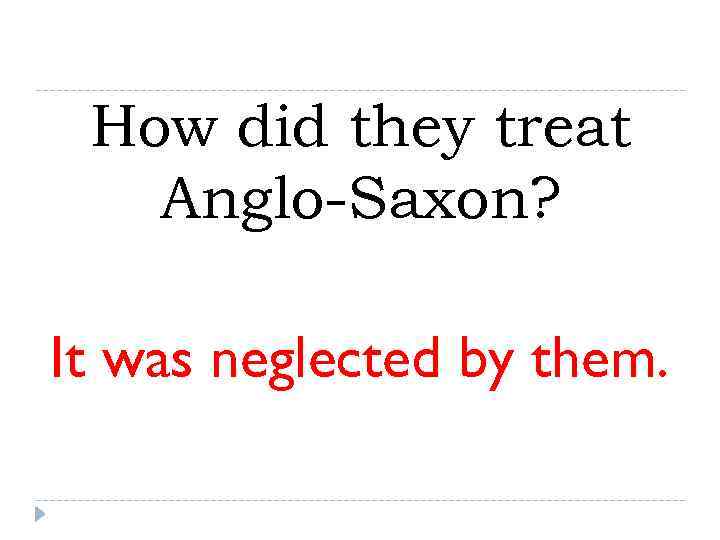
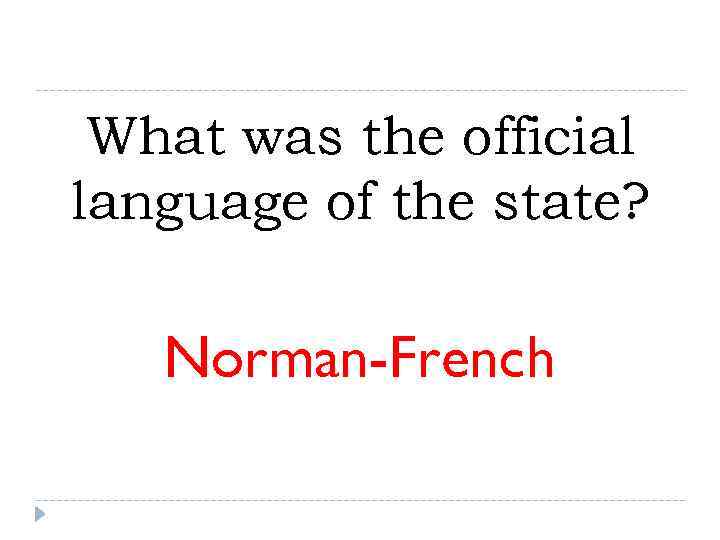
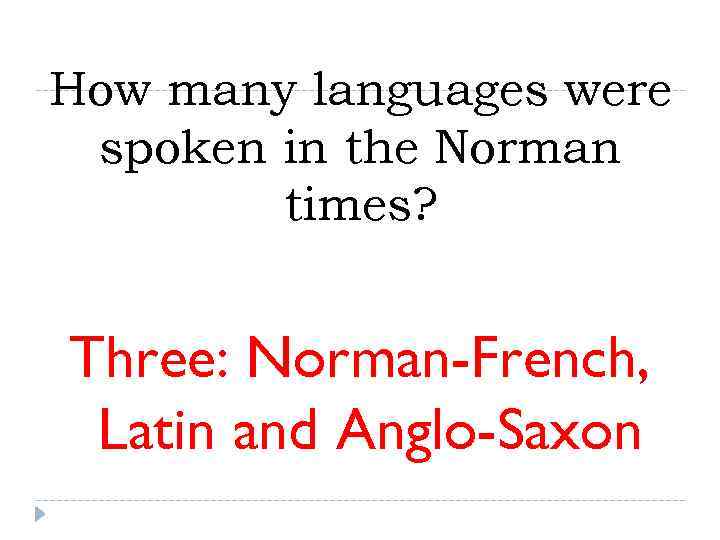
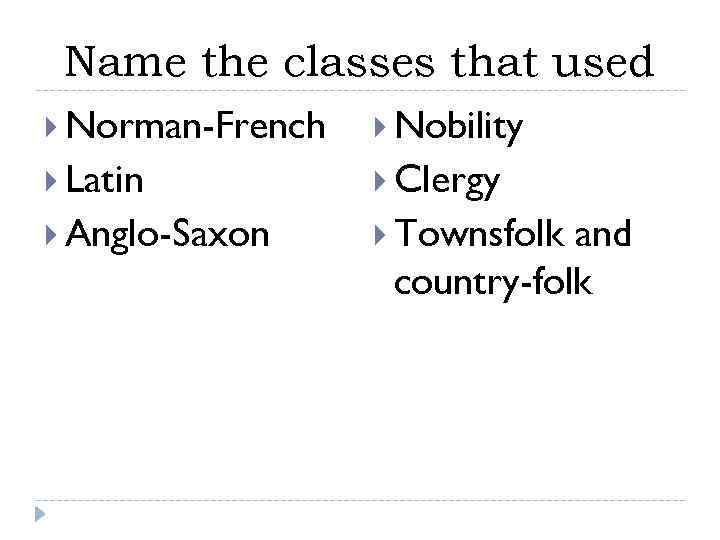

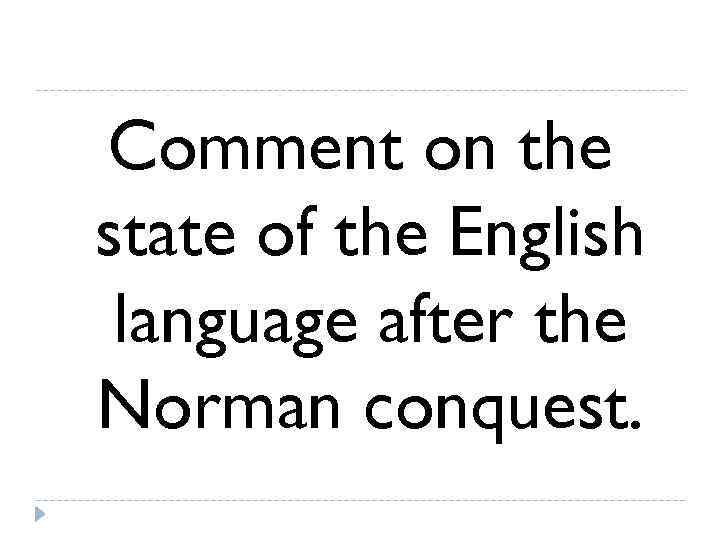
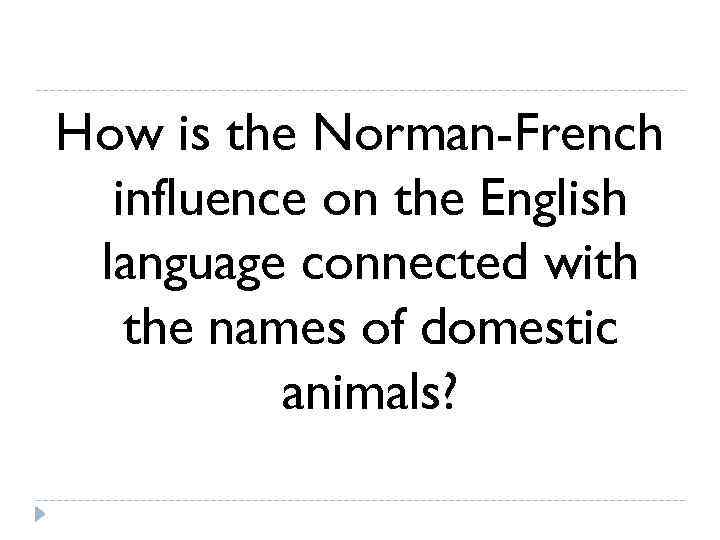
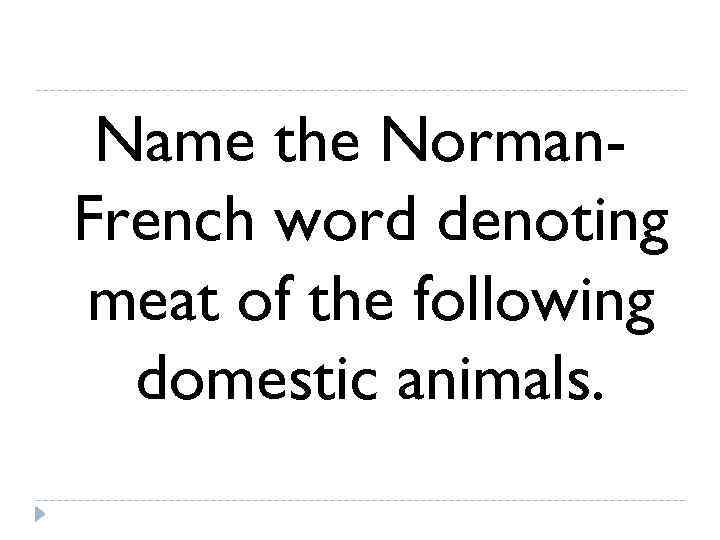
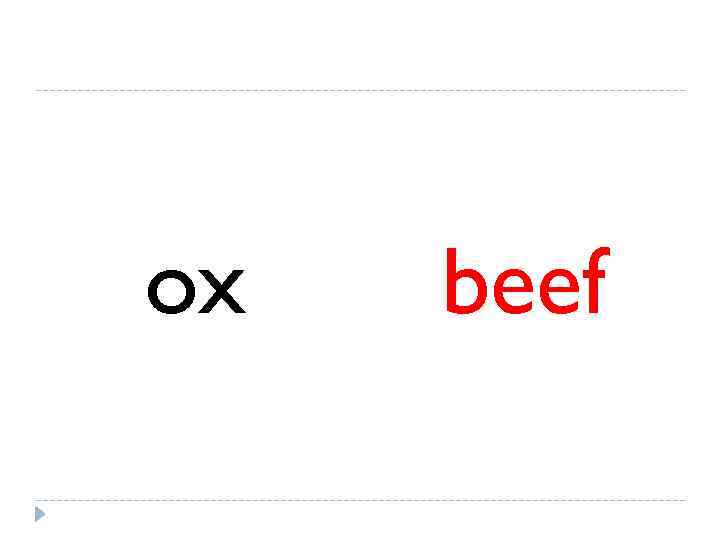
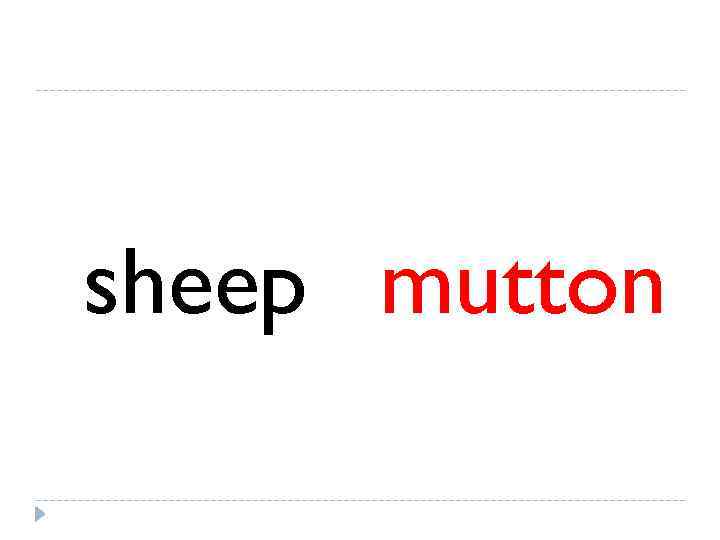
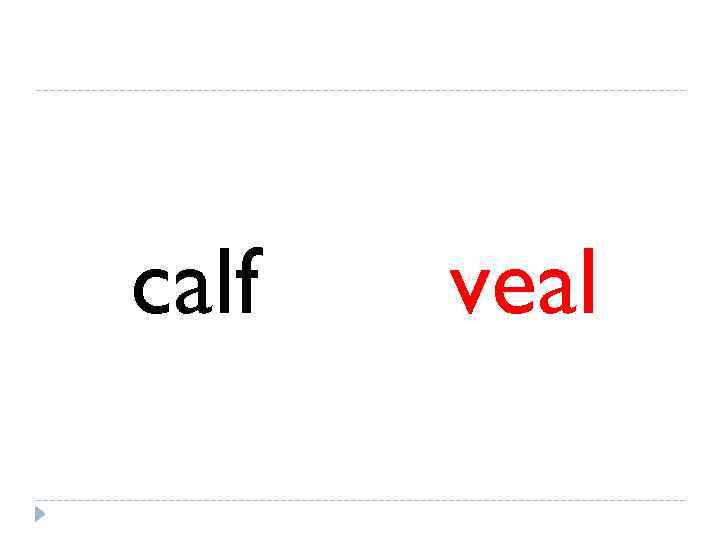
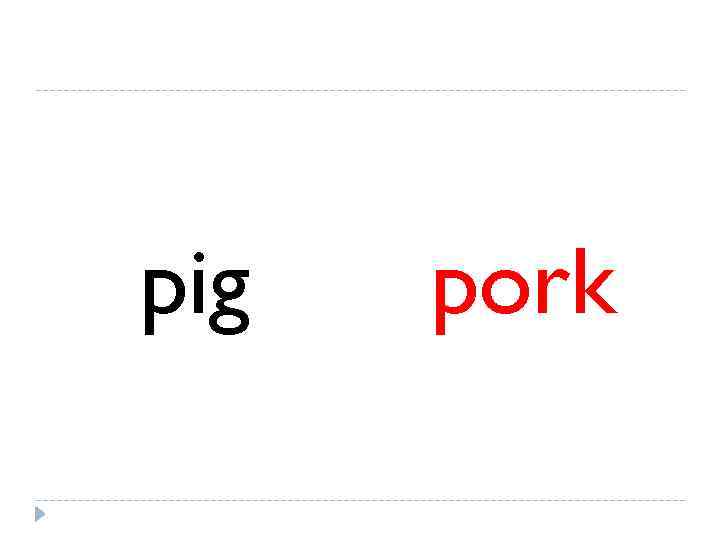
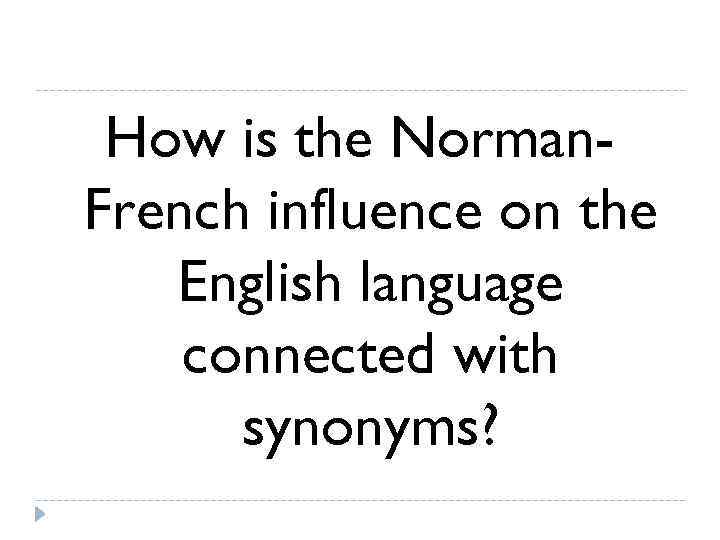
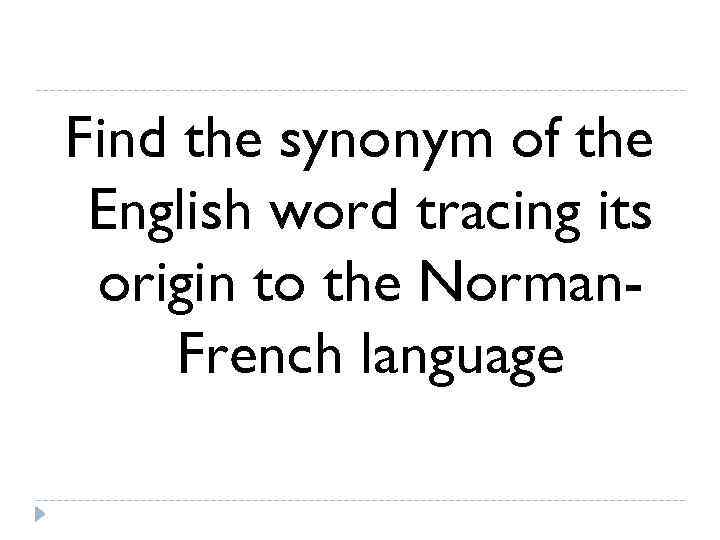


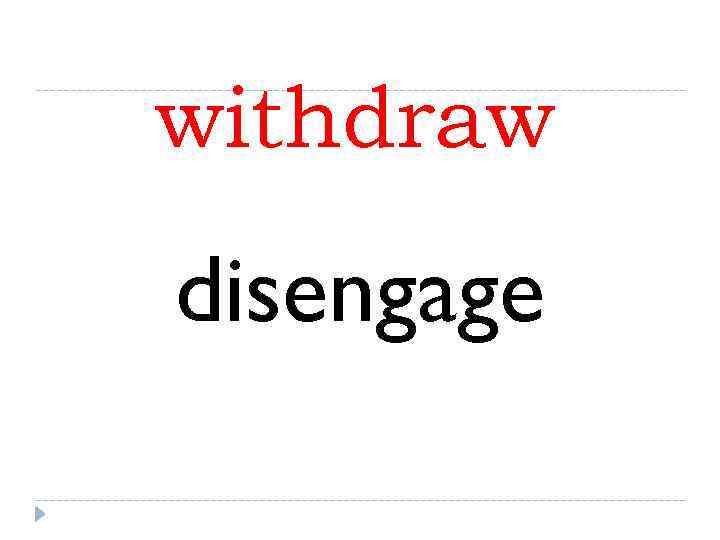
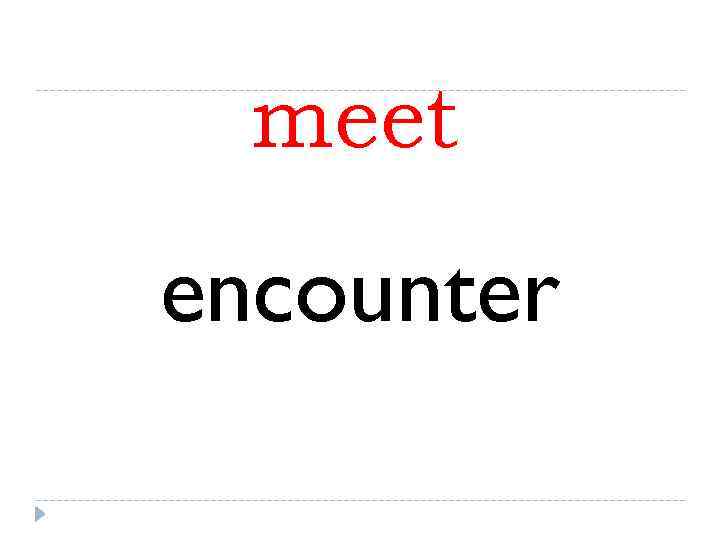


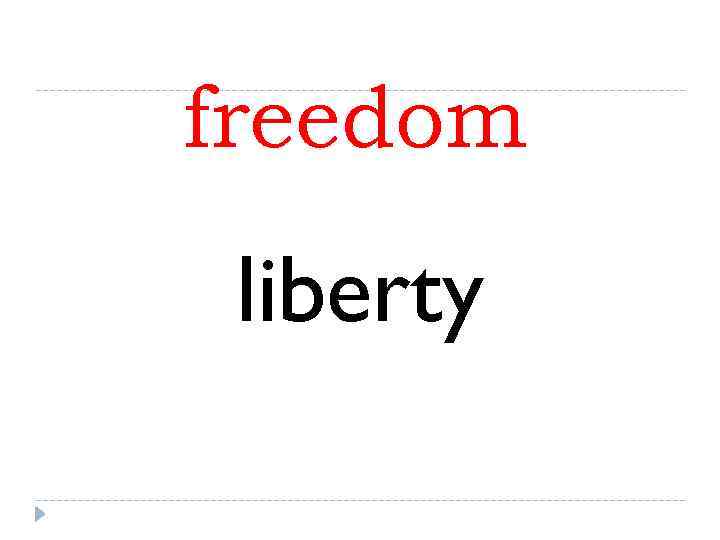
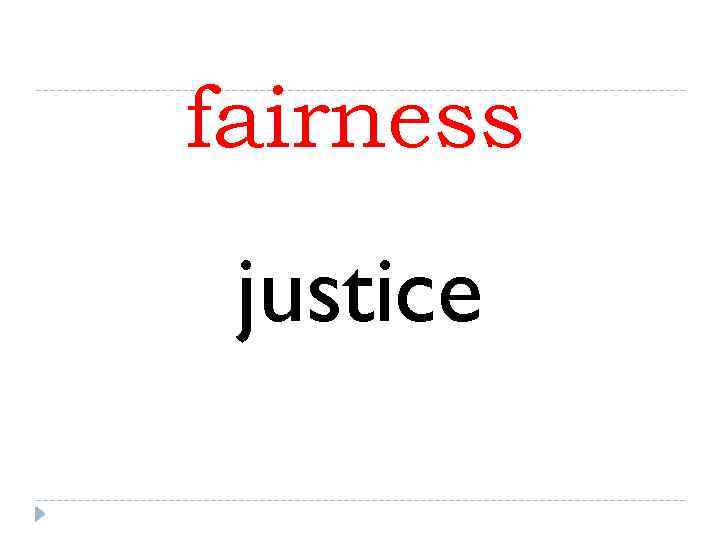
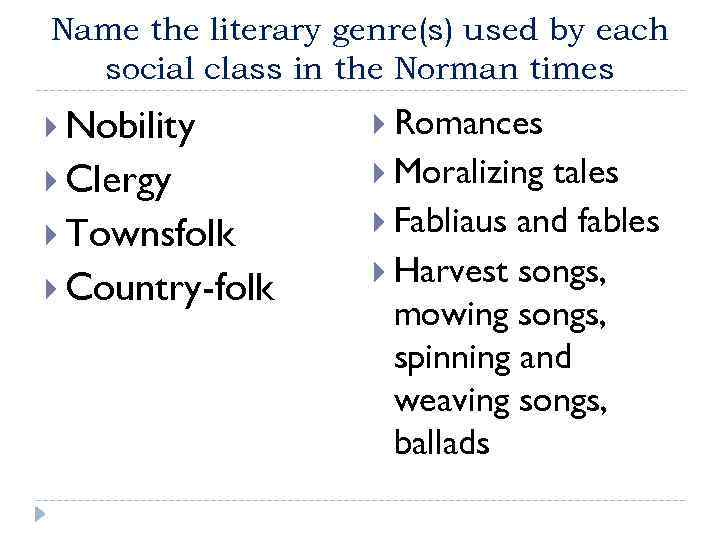

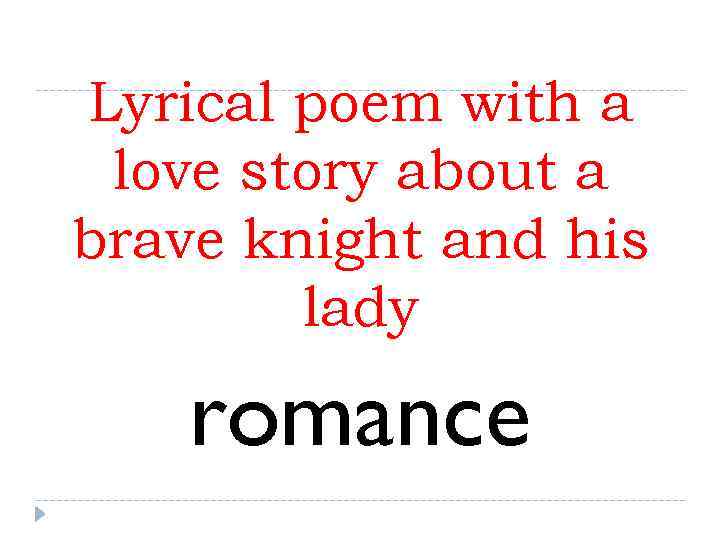
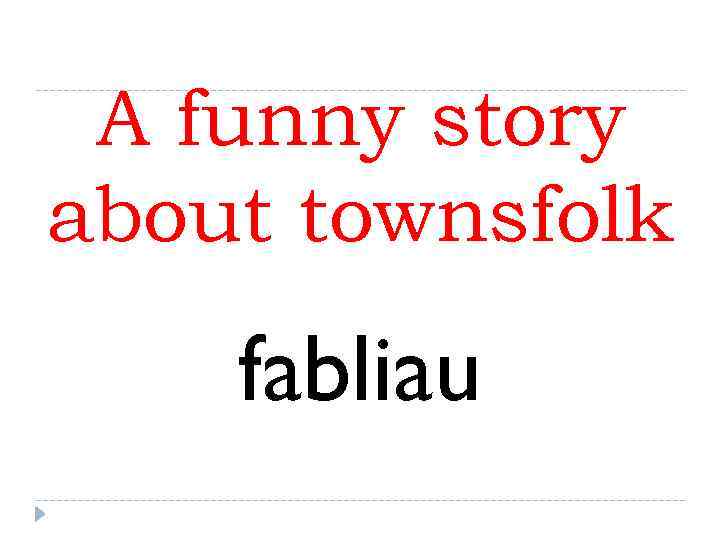
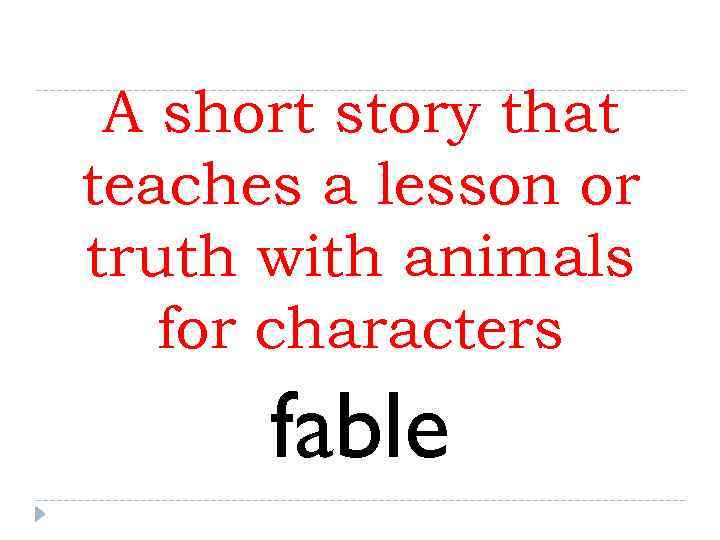
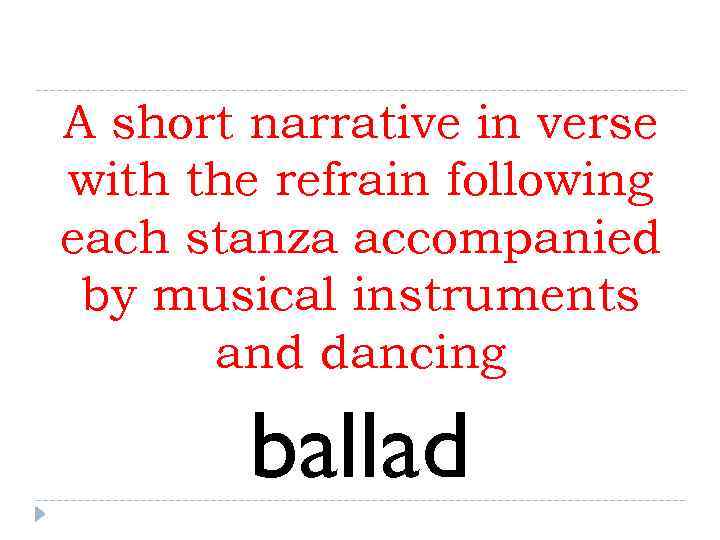
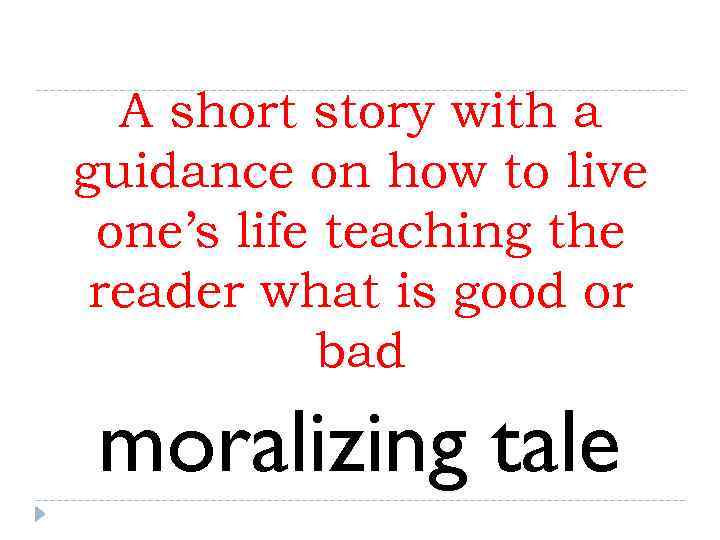
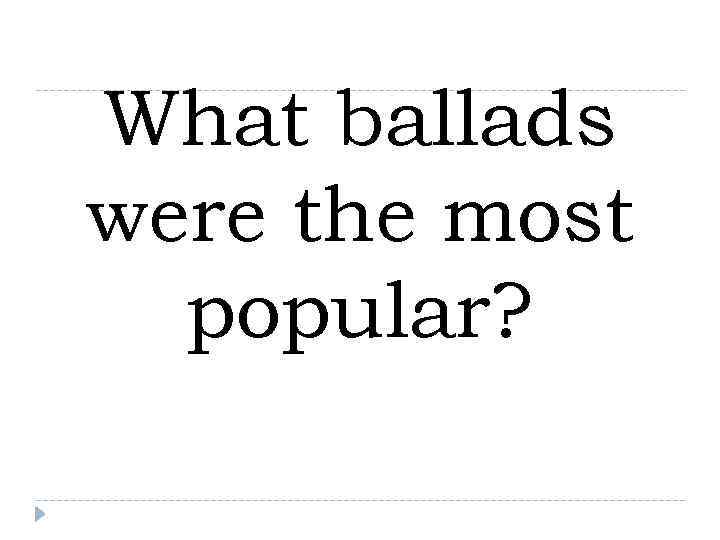
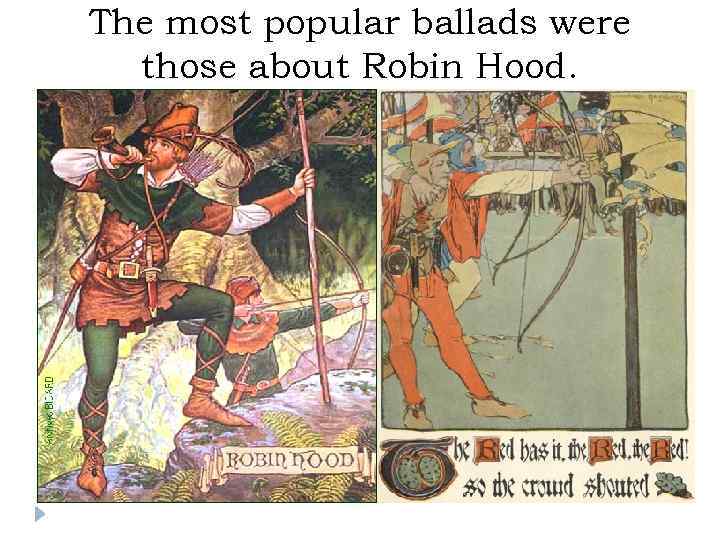
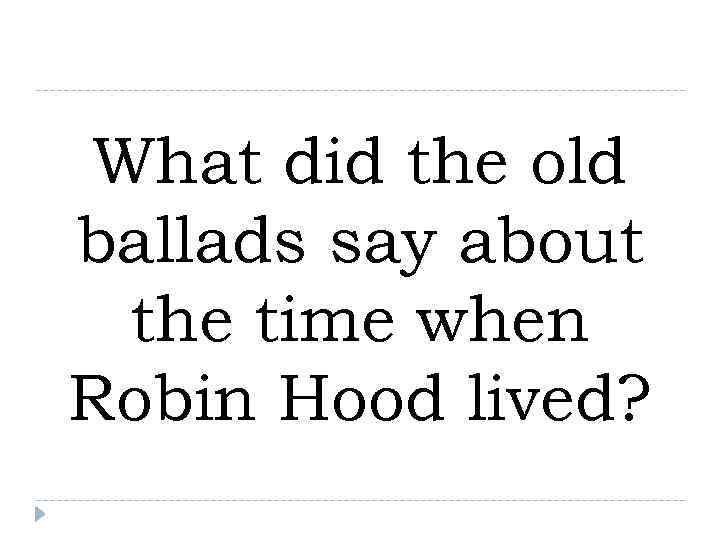
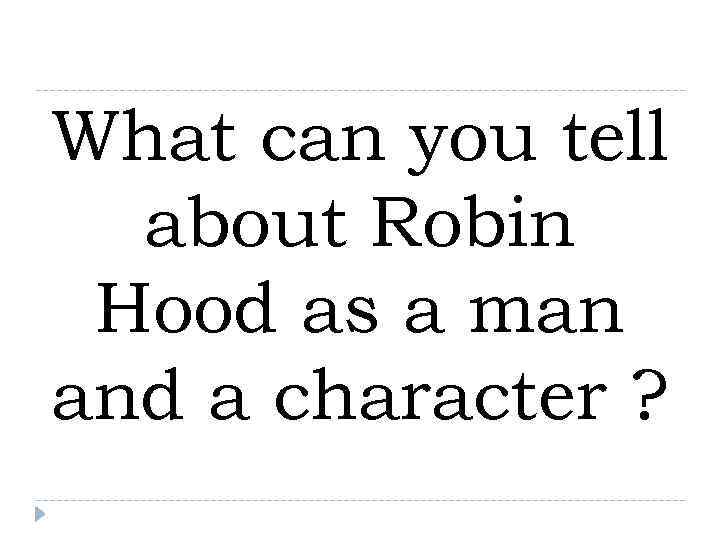
Открытый урок Семененко.pptx
- Количество слайдов: 100
 Norman invasion of England its influence on English language and literature
Norman invasion of England its influence on English language and literature
 Objectives to refresh the knowledge of the Norman invasion of England to trace its influence on the development of the English language to study its impact on the history of English literature
Objectives to refresh the knowledge of the Norman invasion of England to trace its influence on the development of the English language to study its impact on the history of English literature
 Watch the film about the Battle of Hastings
Watch the film about the Battle of Hastings
 Read aloud the definition and guess the word. Pronounce the word and translate it.
Read aloud the definition and guess the word. Pronounce the word and translate it.
 A brother related through one parent only
A brother related through one parent only
 half-brother
half-brother
 A high-ranking priest in charge of all the churches and priests in a large area
A high-ranking priest in charge of all the churches and priests in a large area
 bishop
bishop
 A leg or arm of a person or animal, or the wing of a bird
A leg or arm of a person or animal, or the wing of a bird
 limb
limb
 A long narrow raised part of a surface
A long narrow raised part of a surface
 ridge
ridge
 A man of noble rank trained to fight, especially on horseback; a man who has the title Sir, given to him by the King or Queen
A man of noble rank trained to fight, especially on horseback; a man who has the title Sir, given to him by the King or Queen
 knight
knight
 A nobleman of the highest rank outside the royal family
A nobleman of the highest rank outside the royal family
 duke
duke
 A part of the body or clothing of a holy person, or something that belonged to him/her which is kept and respected after their death
A part of the body or clothing of a holy person, or something that belonged to him/her which is kept and respected after their death
 relic
relic
 A solemn promise
A solemn promise
 oath
oath
 A sound of suffering, worry, complaint, or disapproval, which is made in a deep voice
A sound of suffering, worry, complaint, or disapproval, which is made in a deep voice
 groan
groan
 A thick heavy stick, used as a weapon
A thick heavy stick, used as a weapon
 club
club
 A wild high cry, usually resulting from anger, excitement, or fear
A wild high cry, usually resulting from anger, excitement, or fear
 shriek
shriek
 A woman who is in control; a woman loved by a man
A woman who is in control; a woman loved by a man
 mistress
mistress
 Leading to a clear result; putting an end to doubt; unquestionable
Leading to a clear result; putting an end to doubt; unquestionable
 decisive
decisive
 Military activity against an enemy; war
Military activity against an enemy; war
 warfare
warfare
 Provided with horses to ride on; on horseback
Provided with horses to ride on; on horseback
 mounted
mounted
 Remarkably or surprisingly unexpectedly
Remarkably or surprisingly unexpectedly
 startlingly
startlingly
 Soldiers who fight on foot
Soldiers who fight on foot
 infantry
infantry
 The group of people in certain countries who are of the highest social class and have titles; the aristocracy
The group of people in certain countries who are of the highest social class and have titles; the aristocracy
 nobility
nobility
 The state of great disorder
The state of great disorder
 confusion
confusion
 Thick woven cloth with a picture or design, usually hung on walls
Thick woven cloth with a picture or design, usually hung on walls
 tapestry
tapestry
 Tired out
Tired out
 exhausted
exhausted
 To come or bring together (again) for a shared purpose or effort
To come or bring together (again) for a shared purpose or effort
 to rally
to rally
 To cover partly and go beyond it
To cover partly and go beyond it
 to overlap
to overlap
 To face bravely or threateningly
To face bravely or threateningly
 to confront
to confront
 To know again someone or something one has seen, heard, or experienced before
To know again someone or something one has seen, heard, or experienced before
 to recognize
to recognize
 To make completely wet; to put as much liquid as possible into
To make completely wet; to put as much liquid as possible into
 to saturate
to saturate
 To rush in an attack
To rush in an attack
 to charge
to charge
 To seriously damage (especially a person’s body) by removing a part
To seriously damage (especially a person’s body) by removing a part
 to mutilate
to mutilate
 Usual or habitual; established by custom
Usual or habitual; established by custom
 customary
customary
 Very closely packed or crowded together
Very closely packed or crowded together
 densely
densely
 Describe the position of peasants after the Norman conquest
Describe the position of peasants after the Norman conquest
 Could William the Conqueror and his barons speak English? No, they couldn’t
Could William the Conqueror and his barons speak English? No, they couldn’t
 What language did they speak? Norman-French
What language did they speak? Norman-French
 How did they treat Anglo-Saxon? It was neglected by them.
How did they treat Anglo-Saxon? It was neglected by them.
 What was the official language of the state? Norman-French
What was the official language of the state? Norman-French
 How many languages were spoken in the Norman times? Three: Norman-French, Latin and Anglo-Saxon
How many languages were spoken in the Norman times? Three: Norman-French, Latin and Anglo-Saxon
 Name the classes that used Norman-French Nobility Latin Clergy Anglo-Saxon Townsfolk and country-folk
Name the classes that used Norman-French Nobility Latin Clergy Anglo-Saxon Townsfolk and country-folk
 What can you tell about the centres of learning and education in Norman England?
What can you tell about the centres of learning and education in Norman England?
 Comment on the state of the English language after the Norman conquest.
Comment on the state of the English language after the Norman conquest.
 How is the Norman-French influence on the English language connected with the names of domestic animals?
How is the Norman-French influence on the English language connected with the names of domestic animals?
 Name the Norman- French word denoting meat of the following domestic animals.
Name the Norman- French word denoting meat of the following domestic animals.
 ox beef
ox beef
 sheep mutton
sheep mutton
 calf veal
calf veal
 pig pork
pig pork
 How is the Norman- French influence on the English language connected with synonyms?
How is the Norman- French influence on the English language connected with synonyms?
 Find the synonym of the English word tracing its origin to the Norman- French language
Find the synonym of the English word tracing its origin to the Norman- French language
 start commence
start commence
 go on continue
go on continue
 withdraw disengage
withdraw disengage
 meet encounter
meet encounter
 sell vend
sell vend
 buy purchase
buy purchase
 freedom liberty
freedom liberty
 fairness justice
fairness justice
 Name the literary genre(s) used by each social class in the Norman times Nobility Romances Clergy Moralizing tales Townsfolk Fabliaus and fables Harvest songs, Country-folk mowing songs, spinning and weaving songs, ballads
Name the literary genre(s) used by each social class in the Norman times Nobility Romances Clergy Moralizing tales Townsfolk Fabliaus and fables Harvest songs, Country-folk mowing songs, spinning and weaving songs, ballads
 Read the definition and name the genre
Read the definition and name the genre
 Lyrical poem with a love story about a brave knight and his lady romance
Lyrical poem with a love story about a brave knight and his lady romance
 A funny story about townsfolk fabliau
A funny story about townsfolk fabliau
 A short story that teaches a lesson or truth with animals for characters fable
A short story that teaches a lesson or truth with animals for characters fable
 A short narrative in verse with the refrain following each stanza accompanied by musical instruments and dancing ballad
A short narrative in verse with the refrain following each stanza accompanied by musical instruments and dancing ballad
 A short story with a guidance on how to live one’s life teaching the reader what is good or bad moralizing tale
A short story with a guidance on how to live one’s life teaching the reader what is good or bad moralizing tale
 What ballads were the most popular?
What ballads were the most popular?
 The most popular ballads were those about Robin Hood.
The most popular ballads were those about Robin Hood.
 What did the old ballads say about the time when Robin Hood lived?
What did the old ballads say about the time when Robin Hood lived?
 What can you tell about Robin Hood as a man and a character ?
What can you tell about Robin Hood as a man and a character ?

